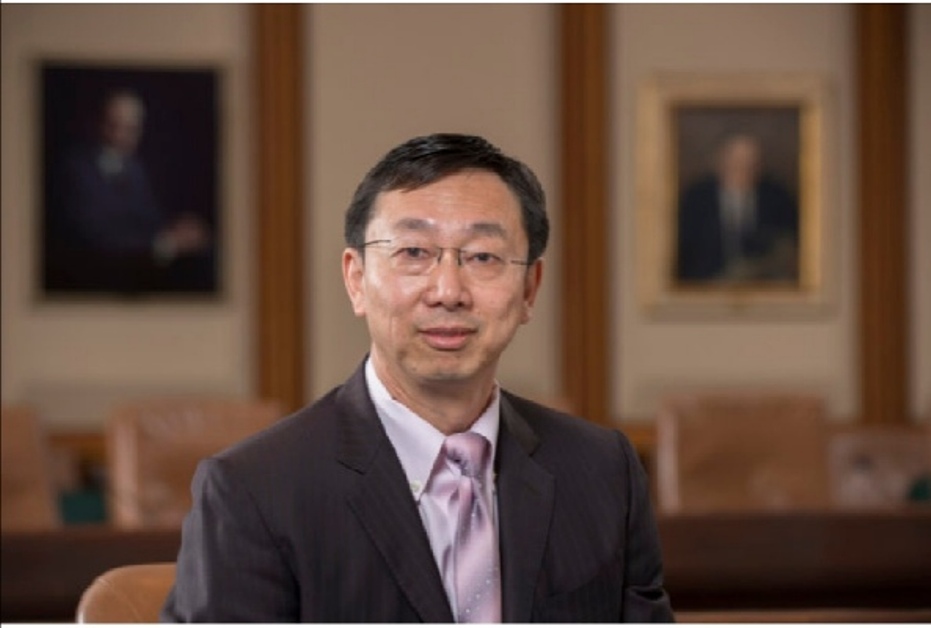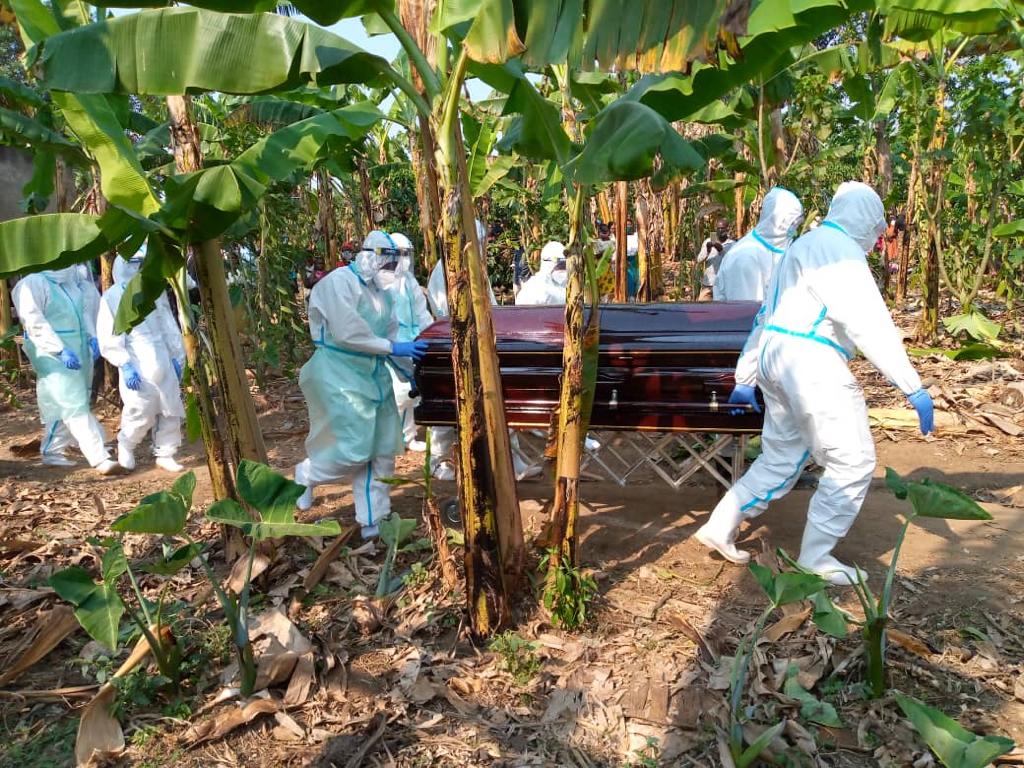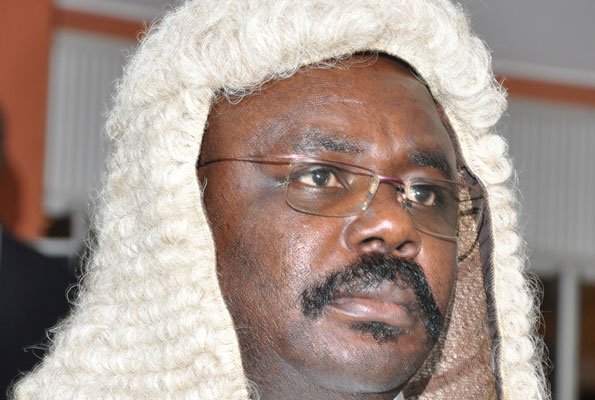A teacher in class
Districts denied the Education Service Commission (ESC) access to their payrolls to determine the number of ghost staff in post-primary institutions during the recent nationwide staff validation exercise, a report by the commission has revealed.
“Some of the District Human Resource Managers deliberately declined to share the teacher’s monthly payroll with the heads of institutions, which made it difficult to ascertain whether there was ghost staff or not,” the report reads.
The validation exercise was conducted between March and April this year in all post-primary institutions including secondary schools, technical and vocational institutions, farm schools, health training schools, and teacher colleges.
Prior to the validation exercise, there were rumors of ghost teaching and non-teaching staff in several institutions. In a recent interview, Violet Froelich Kajubiri, the ESC Deputy Chairperson, informed our reporter that they believe that over 1000 teachers receive salaries irregularly, which costs the government about 7.3 billion shillings annually.
This sum of money can fund the construction of three completely functional seed schools at Shillings of 2.3 billion each. The ESC wanted to access the district payrolls to compare with the staff found at different stations, which didn’t happen. While in the field, the commission was told that no school receives a payroll but rather “…pay slips would only be received by heads of institutions or never.”
The commission’s inability to access the payroll wasn’t a surprise because it has already been established that a network of individuals with influence in several ministries, departments, and agencies is responsible for including ghost staff on payrolls.
Although the Commission failed to remove the curtain on the payroll, it was able to discover over 1,492 enumerated staff in secondary schools who had either been removed or not yet included on the payroll and therefore were not receiving salaries while among tertiary institutions the staff enumerated were less by 269 than those on the payroll.
The report didn’t give details on how this could have happened. The report further indicates that during the validation process, the commission was able to identify 618 staff members who had found their way into the school using forged documents.
“During the data collection, there were pointers to fraud. Examples of this fraud included cases of fraud to access payroll by some teachers forged appointments and posting letters. Some of the letters of the first appointment did not bear the ministry of education’s minute number. In other instances, some teachers possessed the same appointment minute number,” the report reads in part.
According to the report, 448 of the staff with forged documents are in secondary schools. These include two who are working as headteachers, 220 teachers at the level of education officer, and 165 assistant education officers. The rest are non-teaching staff including 14 senior assistant secretaries and 5 nurses among others.
In tertiary training institutions, the commission revealed that 170 staff are enrolled using fake documents. The data collection team also observed that the majority of the new forgery cases were in TVET institutions.
The report further notes that forgery was highest in the central region with 204 staff holding fake documents, followed by eastern (192), and northern (110) while the western had 112 cases.
Besides staff whose documents were spotted by the ECS, 9,732 staff from both secondary and tertiary training institutions did not receive their letters of appointment. “…gave several reasons including working at their stations before government appointments and thus carried on.”
However, the commission is skeptical that many of these could have hidden their fake appointment letters, which calls for further interrogations to establish the truth. The ESC also observed that some staff had absconded from duty.
According to the report, in a few schools, cases of teachers employing their colleagues to teach on their behalf were evident. “Some substantively appointed teachers were not teaching but decided to sub-contract other private teachers to perform their duties,” the report states.
A case in point was given by commissioner Rose Izizinga from her personal experience at Nyangahya Community Secondary School. “…five teachers arrived at the school on Boda boda, at about 10 am filled their forms, got validated, took pictures, all the while chatting about how wonderful it was to see each other again after COVID-19, and promptly got back onto the Boda-boda and left the school,” she wrote.





